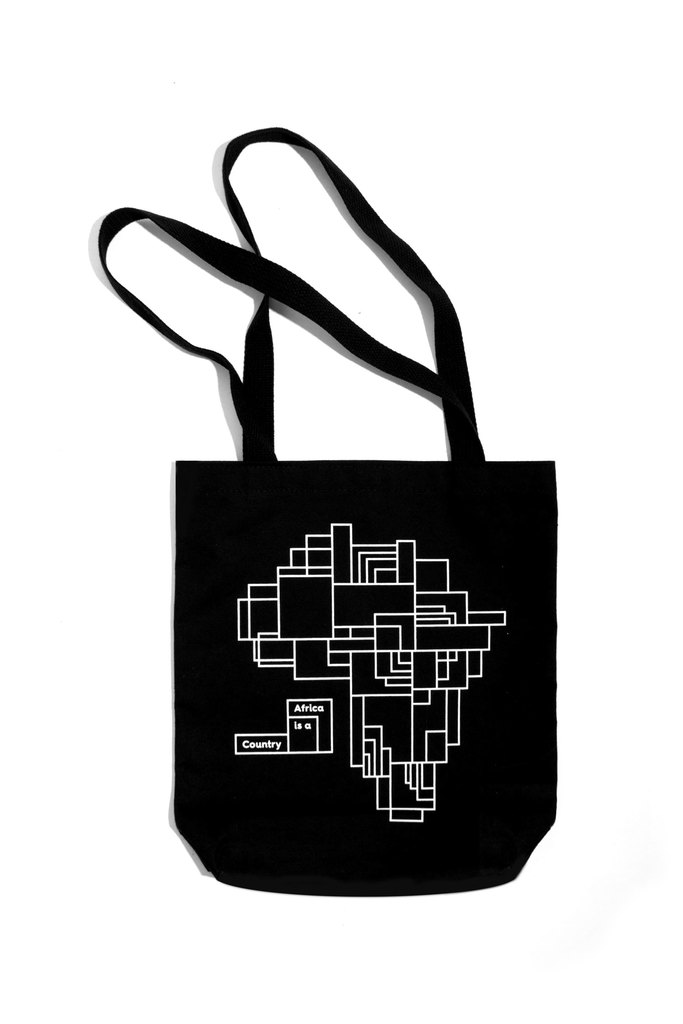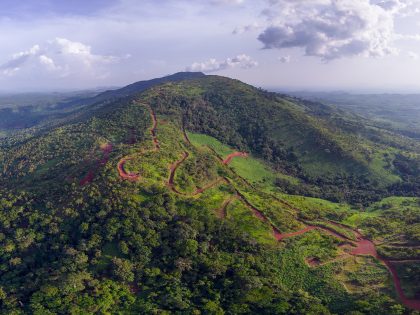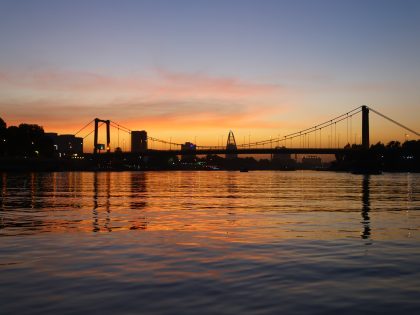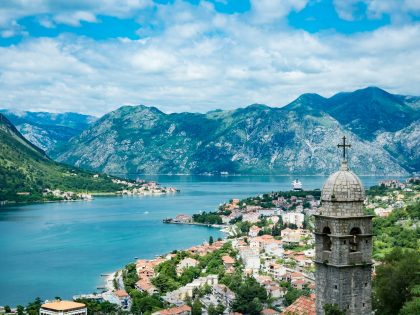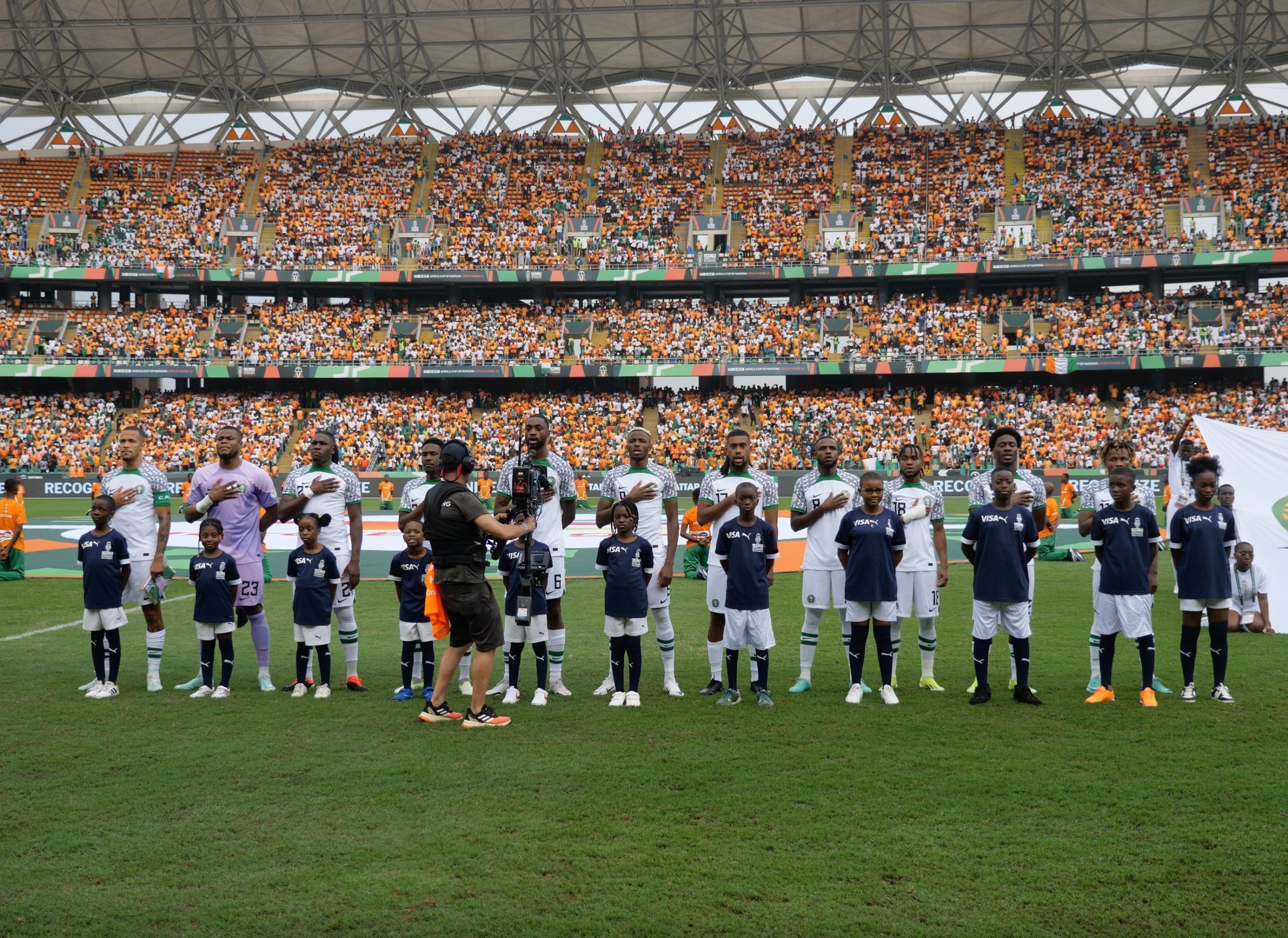The 2025 Africa Cup of Nations marks a transition period for the Nigerian men’s national team. This could be good for them (and the nation).
Latest

The twins who shaped Egyptian football
While international media focuses on the legacy of Mohamed Salah during this Africa Cup of Nations, Egyptians are focused on a pair of identical twin brothers.
Culture

What does a museum mean here?
A dispatch from Benin City tells the unfinished story of the Museum of West African Art.
AFCON Archive
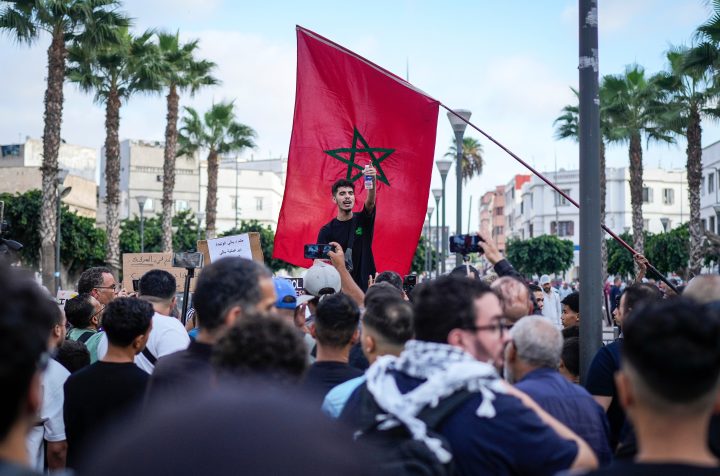
Hospitals versus stadiums
As Morocco prepares to host AFCON and the 2030 World Cup, a decentralized youth movement is demanding real investment in public services over sporting spectacle.

Enemies of progress
Delayed, underfunded, and undermined, this year’s Women’s Africa Cup of Nations has exposed not just neglect but active sabotage from CAF and national federations.
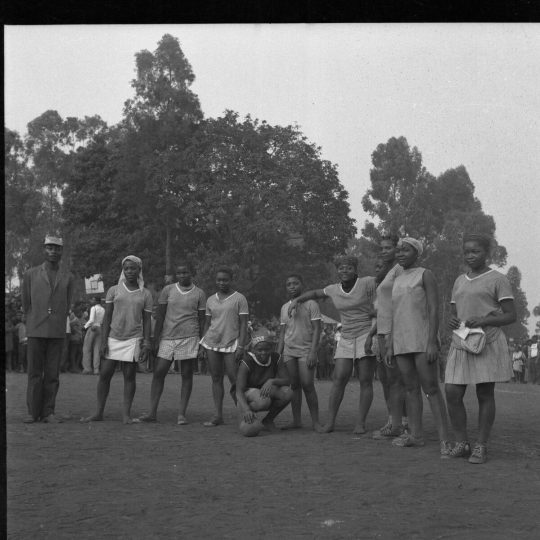
Whose game is remembered?
The Women’s Africa Cup of Nations opens in Morocco amid growing calls to preserve the stories, players, and legacy of the women who built the game—before they’re lost to erasure and algorithm alike.
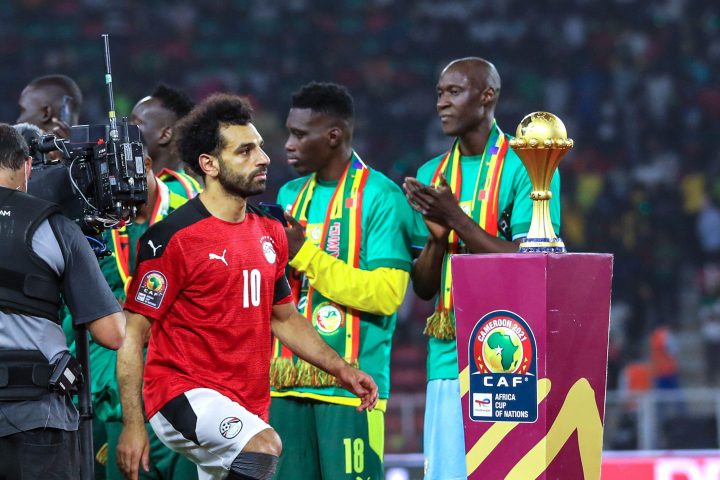
Is AFCON a major tournament?
AFCON doesn’t need European validation to be major—it already is. But the real danger lies in how dismissive narratives shape the value of African football and its players.
Politics
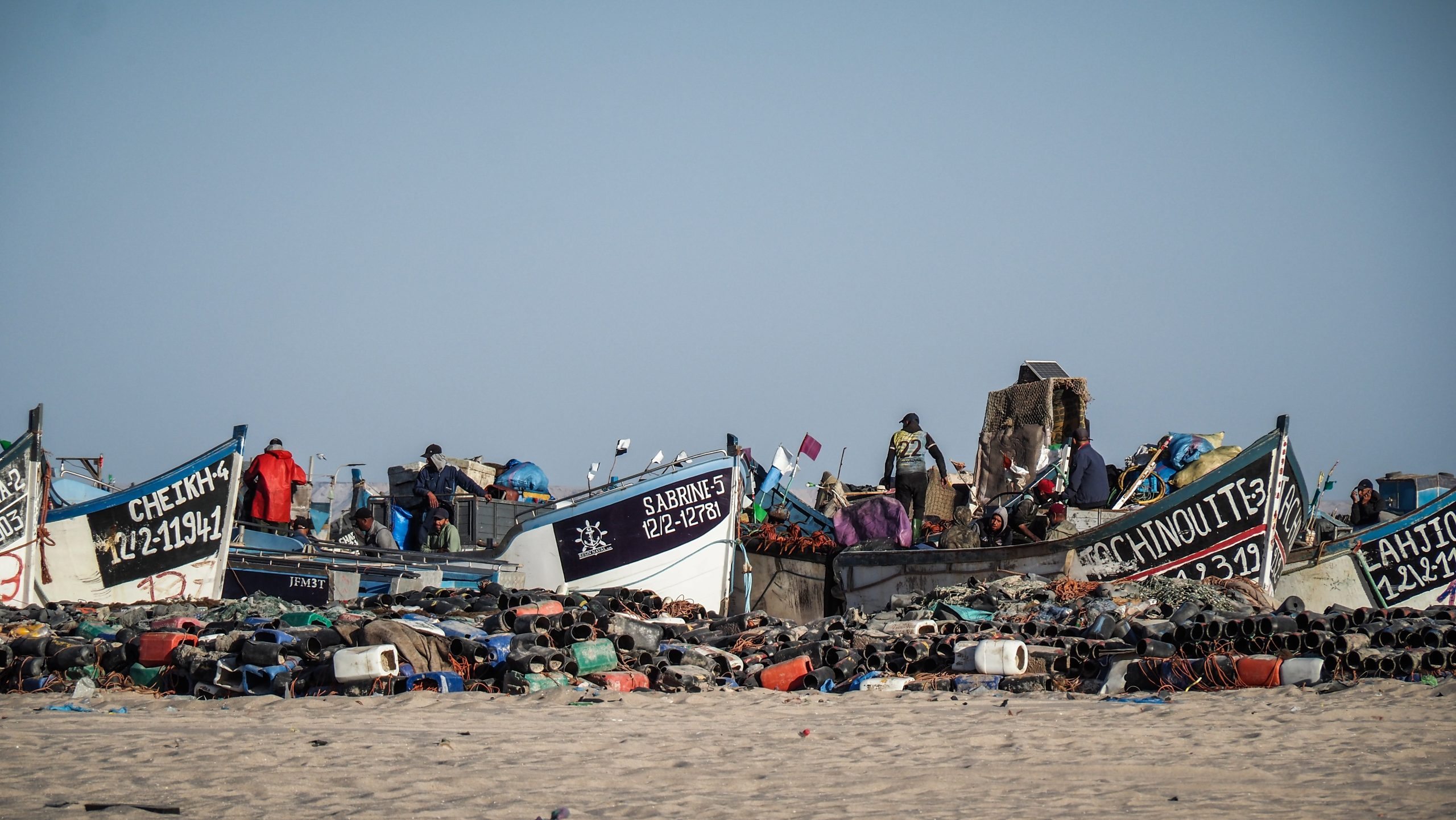
The missing voices of Western Sahara
At the UN’s annual Western Sahara debate, everyone gets heard except the Sahrawis themselves.
AFCON 2025
Instead of going on our end of the year publishing break, Africa Is a Country will be transitioning to cover the 2025 edition of the African Cup of Nations from Morocco. Follow along with video dispatches on the African Five-a-side podcast.










